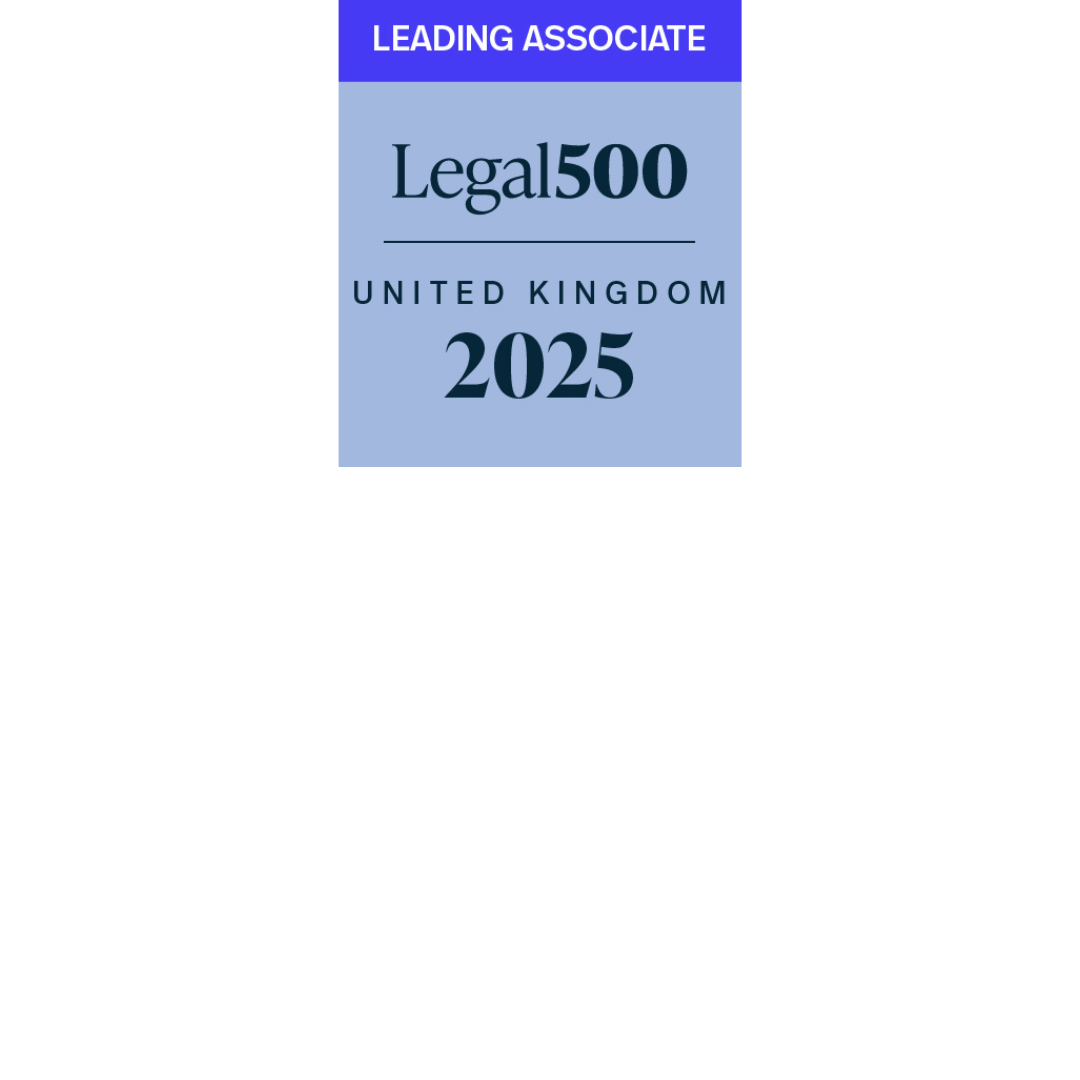
FAQs
It’s likely you’ll be able to find the answer in our FAQs which cover all of our services. You can filter questions by service area or search for a relevant word or phrase.
Unable to find an answer? Contact us on 0330 123 1229, or complete a contact form and a member of our team will be happy to help.
Contentious Probate
The executor won’t give me information about the estate. What can I do?
You should first establish that you are a beneficiary, or you have an interest in the administration of the estate. If you have an interest in an estate, you are entitled to information relating to that estate. This includes the provision of an estate account, which should set out amongst other things the deceased’s assets and liabilities as at their date of death. If you are being refused this information, you may ask the court to come to your assistance, and make an order that the executor must comply with your requests.
Contentious Probate
How long do I have to make a claim?
It depends upon the type of claim being made, but generally speaking, you should make your claim (or at least seek legal advice) as soon as possible. Claims under the 1975 Act should be made within 6 months of the date of a grant of representation being issued. Whilst there are no time limits for many actions in contentious trusts and probate disputes, there may be practical reasons why bringing a claim sooner rather than later is advisable, such as the estate being distributed, and the recipient beneficiaries spending it.
Contentious Probate
How long will my case take?
All types of litigation can often be unpredictable, and it is difficult to accurately estimate how long some cases may take. Each type of case can bring about different timescales, and each case can be different anyway. Much will depend upon the responsiveness of opponent parties. Contentious probate cases are notoriously problematic when it comes to estimating timescales, because even after a judgment has been given or a case settled, there may be additional ancillary administrative work that prevents bring into effect any judgment or settlement. We will always try to estimate timescales as best we can and right from the outset.
Contentious Probate
Can I stop probate from being issued?
You can stop a Grant of Probate or Grant of Letters of Administration from being issued. You do this by entering a Caveat at the Probate Registry. You will need to provide your name, address, and certain details regarding the Deceased. You will need to pay a court fee of £3.00, and it will prevent probate for being issued for a period of 6 months. Please note: if you prevent probate from being issued without good reason, you may leave yourself exposed to paying another party’s legal costs. It is recommended that you seek legal advice before applying to enter a caveat.
Contentious Probate
What is probate?
Probate is the practice of sorting out a deceased person’s affairs after they have died. This will involve locating any testamentary dispositions (i.e. a will); arranging a funeral; collecting in their assets and converting them into cash (where applicable); obtaining a Grant from the probate registry; settling or paying the deceased’s debts and liabilities; and, distributing the estate to the beneficiaries.
Contentious Probate
Can I challenge the will?
It is possible to challenge a will. The common ways that a person with a sufficient interest in a will or estate can challenge a will is on grounds of validity, construction, and formality. We mainly encounter concerns over validity. The typical challenges that we deal with are:wills created by a testator that lacks testamentary capacity; due to undue influence occasioned by a beneficiary; and, a testator that lacks knowledge and approval of the will. The credibility of the evidence that you have (or that we can gather on your behalf) will inform how best to bring your challenge.
Wills and Probate | Inheritance Tax Planning Solicitors
What is a trust?
Creating a trust is a way of protecting assets for you and your chosen beneficiaries. You can place money into a trust and you will no longer be regarded as being an owner of the funds. Your trust will appoint trustees who will manage the funds, the beneficiaries and you can determine how these funds are managed. A trust can be created during your lifetime or by will on your death.
Wills and Probate
How do I claim on a life insurance policy?
Your executor will need to send a copy of your death certificate to the life insurance company and the company will then explain what they require to encash the policy. We can assist you with this.















